The 194th British Science Festival has drawn to a close after four days of inspiring talks, interactive experiences, and city-wide celebrations of science and innovation.
Brought to the city by the University of Liverpool and Liverpool John Moores University, in partnership with the British Science Association, this was the first time since 2008 that the flagship event has been held in Liverpool.
Running from 10-14 September, the Festival engaged audiences of all ages at venues across the city including university campuses, the docks and cultural venues including the Bluecoat and the Black-E.
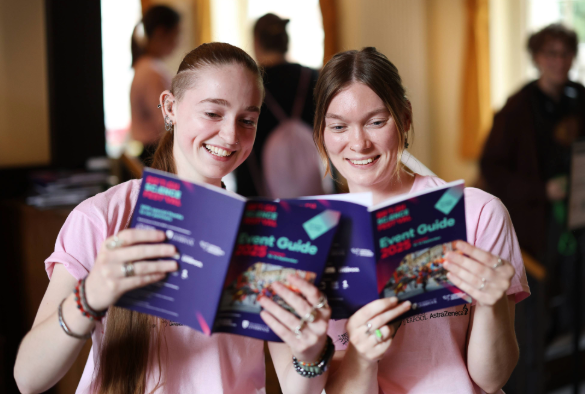
The University of Liverpool played a central role in shaping this year's programme, with research from across all three Faculties showcased through talks, workshops and interactive sessions. Events also took place in collaboration with local community groups including Asylum Link Merseyside.
From particle physics to therapeutic innovation, University experts offered festivalgoers a unique chance to engage directly with world-leading scientists and cutting-edge ideas.
Some highlights
Antiviral roller skaters explained what coronaviruses get up to inside your cells during infection and how scientists design drugs to stop them.
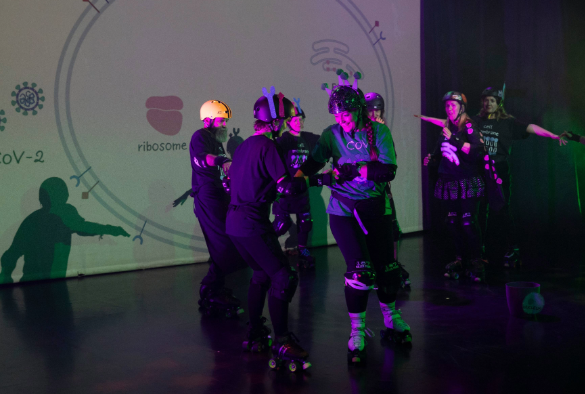
At a panel discussion event, the world of international particle physics experiments was explored and leading particle physicists from the University and CERN discussed current and future research collaborations that aim to better understand the universe.
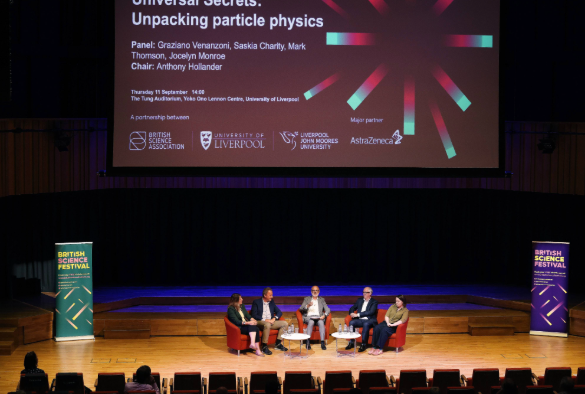
The Yoko Ono Lennon Centre hosted an exhibition of particle detector equipment.
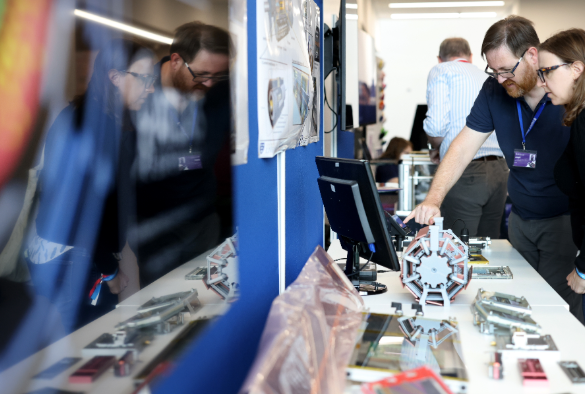
Around 70 people came together to create their own zines and explore how creative practices can foster empathy, dialogue and human connection.
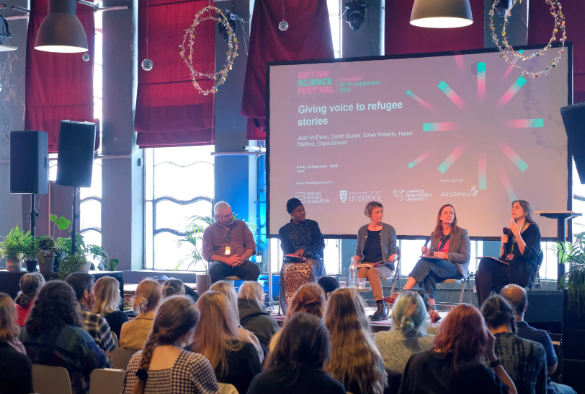
Festival Award Lecturer, Dr Becky Evans, spoke about the issue of marketing in gaming, how young audiences are targeted and the impact this has on public health.
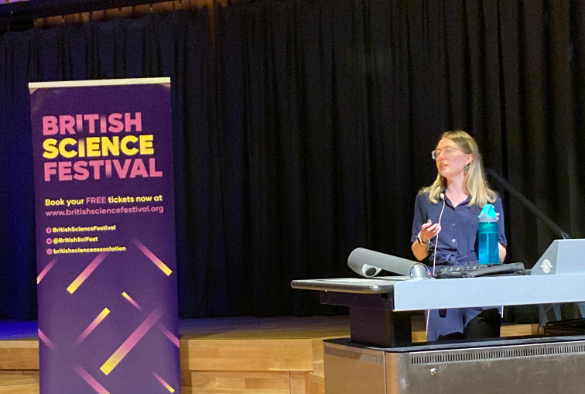
Geist, a large-scale art installation commissioned by Culture Liverpool in partnership with University physicists, encouraged participants to interact with particles of light.
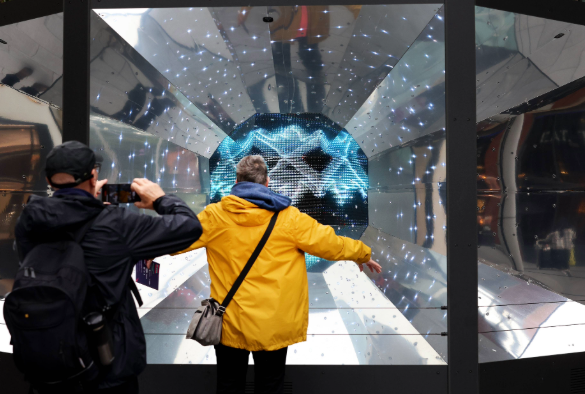
Scouse Scientist Holly Ellis, a Clinical Scientist in Genetics in the NHS, gave an insight into her life and how she is working to break down stereotypes and encourage women and girls into science.
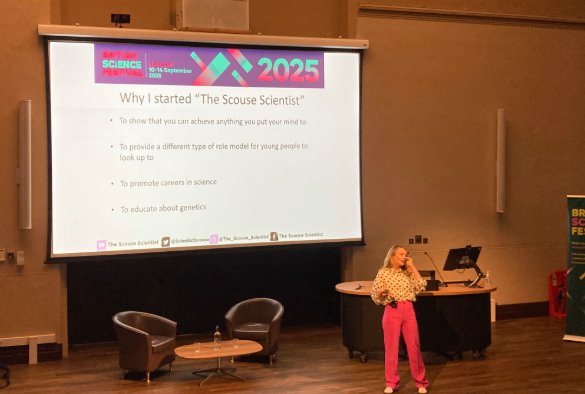
Alongside Liverpool's own research leaders, Festival visitors also had the chance to hear from bionic arm ambassador Tilly Lockey, leading geneticist Professor Giles Yeo, and Time Team genealogist Sophie Kay.
Professor Anthony Hollander, Pro-Vice-Chancellor for Research and Impact at the University of Liverpool, said: "It has been a privilege for the University of Liverpool to co-host the British Science Festival, giving our researchers a unique chance to share their work and inspire people of all ages with the possibilities of science.
"From robots and particle physics to music and medicine, the programme showcased the breadth and global impact of our research.
"It was an honour to collaborate with Liverpool John Moores University and regional partners to deliver such a memorable Festival that truly connected people with science."
The British Science Festival is the longest standing of its kind in Europe. Organised by the British Science Association, it grew out of the tradition of the annual meetings of the association, first held in York in 1831 and annually since then at cities across the UK and further afield.
Looking ahead
The British Science Festival will return in 2026, hosted by the University of Southampton in partnership with the British Science Association. Find out more,






